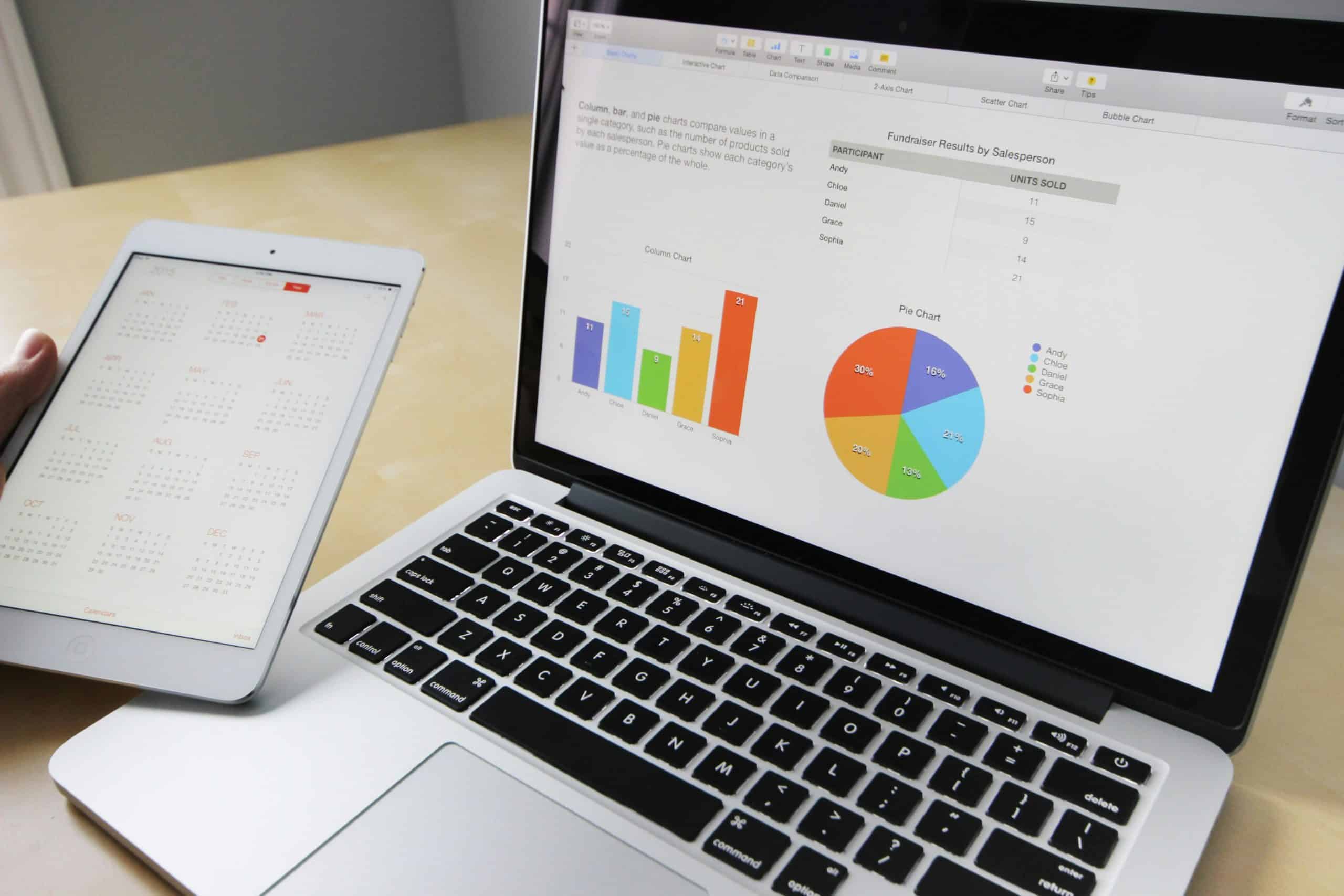How to Maintain Data Privacy When Conducting Market Research in the UK?

In the digital age, data rules supreme. It's the pulsating lifeblood that drives market research, offering invaluable insights into consumer behaviour and market trends. However, it's also a sensitive subject, mired in questions of privacy, consent and security. Privacy is paramount, and it's essential to walk the fine line between gathering data for research and infringing upon personal privacy. In the UK, maintaining this balance is further complicated by stringent regulations like GDPR. This article will guide you on how to ensure data privacy while conducting market research in the UK.
Understanding GDPR and its Implications
The General Data Protection Regulation (GDPR) is a data protection law that came into effect in the European Union in 2018. This regulation has since had a significant impact on how companies conduct market research, particularly when it comes to the collection and processing of personal data.
Avez-vous vu cela : What Are the Best Techniques for Conflict Resolution in a UK Multinational Team?
Under GDPR, personal data is defined as any information relating to an individual who can be identified, directly or indirectly, in particular by reference to an identifier such as a name, an identification number, location data, or an online identifier. This means that if your research involves collecting such data, you will need to comply with GDPR.
The GDPR mandates several measures to protect data privacy. It requires companies to obtain clear and explicit consent from individuals before processing their data. It also mandates that companies should only collect data that is necessary for their research and should keep the data secure at all times. Violations of GDPR can lead to heavy fines and penalties, making compliance crucial for any market research activity.
Cela peut vous intéresser : What Are the Current Trends in Consumer Electronics Design for a Liverpool Manufacturer?
Ensuring Consent in Data Collection
Consent is a critical factor in maintaining data privacy during market research. According to the GDPR, consent must be freely given, specific, informed and unambiguous. This means that when you collect data from individuals, they should be fully aware of what they are consenting to, and they should have the power to withdraw their consent at any time.
To ensure consent, make the process of opting in clear and straightforward. Use simple language and avoid using pre-ticked boxes or any form of default consent. Instead, use active opt-in methods such as tick boxes or signature fields.
Additionally, you should inform individuals of their rights under the GDPR, including the right to access their data, the right to correct any inaccuracies in their data, the right to object to processing, and the right to be forgotten. This not only ensures compliance with GDPR but also helps to build trust with your survey respondents.
Implementing Robust Data Security Measures
Protecting the security of the data you collect is a fundamental aspect of ensuring data privacy. Data breaches can lead to a loss of trust, damage to your brand's reputation, and even legal repercussions.
To ensure data security, you should implement technical and organizational measures that are appropriate to the level of risk associated with your data processing activities. This could include using encryption to protect data during transmission and storage, implementing strong access controls to prevent unauthorized access to data, and regularly testing and updating your security measures to address any vulnerabilities.
Moreover, you should have a data breach response plan in place. This plan should detail the steps you will take in case a data breach occurs, including how you will notify the affected individuals and the relevant authorities.
Balancing Data Collection with Privacy Protection
It's crucial to remember that while data is a valuable resource for market research, individuals' privacy rights should always come first. This means ensuring that you only collect and process data that is necessary and proportionate for your research.
One way of achieving this balance is through data minimization. This principle, which is enshrined in the GDPR, requires that you only collect the minimum amount of data necessary to fulfill your purpose. This not only reduces the risk of infringing on individuals' privacy rights but also helps to mitigate the potential impact of a data breach.
Additionally, you should consider using anonymization or pseudonymization techniques when processing personal data. Anonymization involves removing or modifying any information that could be used to identify an individual, while pseudonymization involves replacing identifiers with pseudonyms. Both methods can help to protect individuals' privacy while still allowing you to analyze and derive insights from the data.
Navigating the UK Market Research Landscape
As a market researcher in the UK, navigating the complex landscape of data privacy regulations can be challenging. However, with the right approach, you can uphold the highest standards of privacy and data protection while still gathering the insights you need.
Stay current with the latest developments in data privacy legislation and adopt an ethical approach to data collection. Engage with professional bodies like the Market Research Society (MRS) and the Association for Qualitative Research (AQR) for guidance and support.
Remember, your research's integrity and value are intrinsically linked to how well you respect and protect your participants' privacy. So, always strive to put privacy at the forefront of your market research efforts.
Managing Third-Party Data Processors and Data Controller Responsibilities
As a market researcher conducting business in the UK, it's also vital to understand your responsibilities as a data controller. A data controller is a person or entity that determines the purposes and means of processing personal data, while a third-party data processor processes personal data on behalf of the data controller.
In the context of market research, you may often collaborate with third-party data processors, such as online survey tools, social media platforms, or data analysis service providers. It's crucial to ensure these third parties also comply with data privacy regulations, as under GDPR, the data controller is held responsible for any non-compliance by third-party processors.
To safeguard against this, you should conduct a thorough risk assessment before engaging with any third-party data processors. Check their data protection policies, and ensure they align with GDPR requirements. Additionally, include clear and specific terms in your contracts about their data handling practices, data security measures, and responsibilities in case of a data breach.
Also, remember, as a data controller, you are required to maintain a record of your data processing activities, including data categories, the purpose of processing, and any third-party processors involved. This record should be easily accessible and updated regularly.
Utilising Social Media for Market Research
Social media has become an indispensable tool for market research, offering a wealth of data about consumer behaviour, preferences, and trends. However, utilising social media data for market research can also raise complex challenges around data privacy.
When using social media for market research, you must be mindful of the privacy settings and terms of use of each platform. Any public data on these platforms can be used for research without informed consent. However, for any private data, you will need to obtain informed consent from the users, ensuring that they understand the purpose of the research and how their data will be used.
Another important aspect is the ethics of using social media data. Just because data is publicly available does not mean it can be used without consideration for the user's privacy. Always respect users' privacy and consider the potential impact of your research on the individuals involved.
In conclusion, data privacy is not just a legal requirement but a fundamental aspect of conducting ethical and responsible market research. By understanding and complying with the GDPR, obtaining informed consent, implementing robust data security measures, and carefully managing third-party data processors, you can ensure your market research upholds the highest standards of data privacy.
Remember, the key to successful market research lies not only in gathering insightful data but also in respecting and protecting the privacy and rights of the individuals whose data you are using. In a world where data breaches are becoming increasingly common, a strong commitment to data privacy can set you apart and help build trust with your audience. As the saying goes, "people support what they help to create, love what they help to support, and celebrate what they love." Let your longer contribution to market research be one that is not only insightful and funny, but one that individuals genuinely like and celebrate because it respects and protects their privacy.
